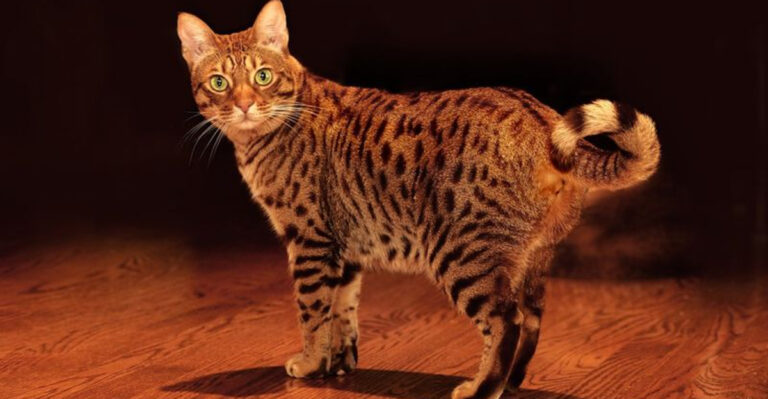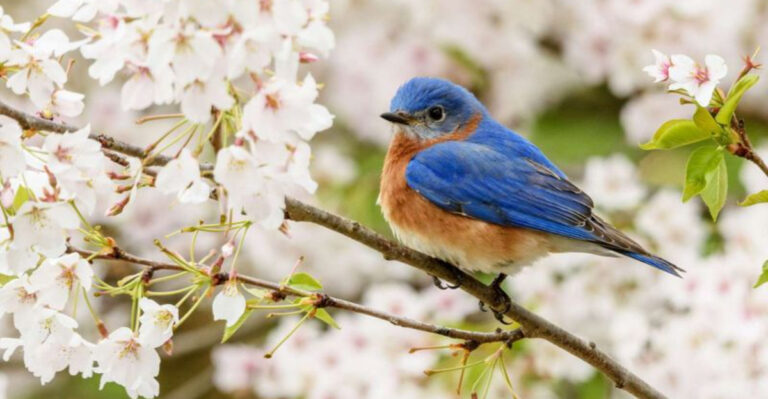11 Chicken Breeds You Might Want To Avoid
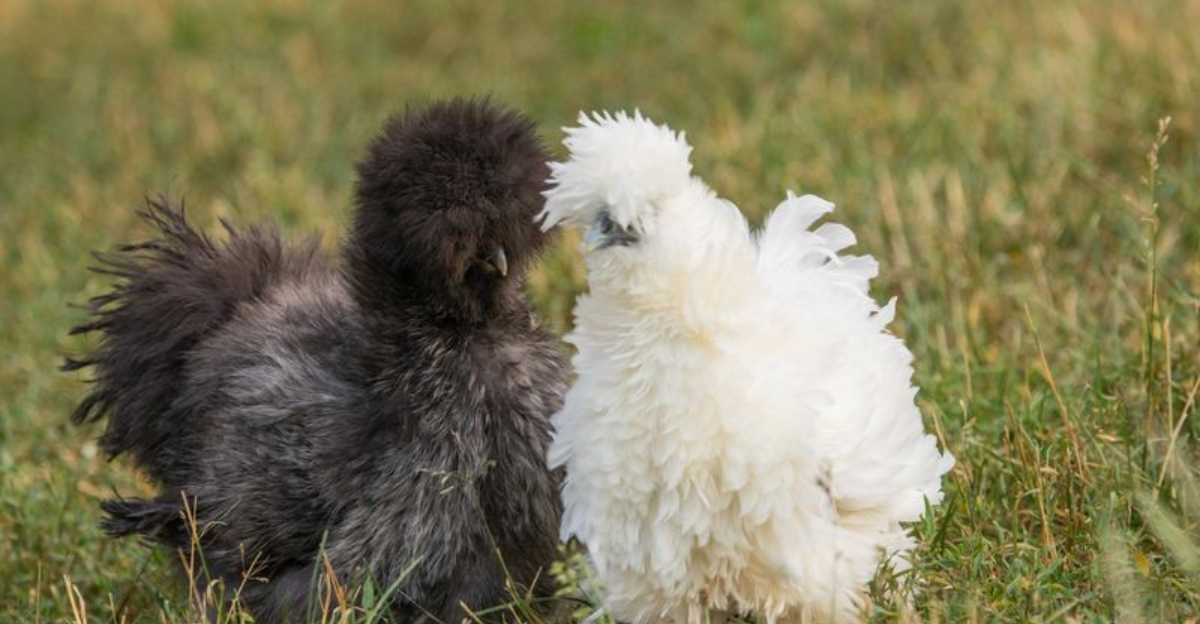
Exploring the world of chicken breeds can be as delightful as it is daunting, especially when certain breeds come with their own set of challenges.
While some chickens are simply charming, others may be more suited to seasoned poultry keepers.
1. Brahma
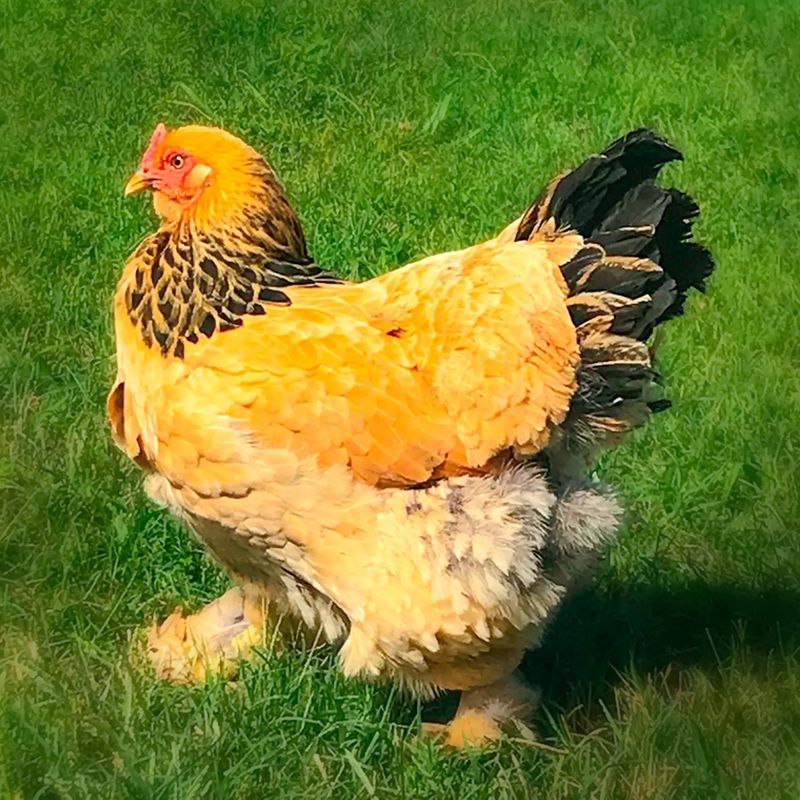
Brahmas are the gentle giants with a heart full of warmth. Known for their massive size, they’re like the teddy bears of the chicken world.
However, their bulk means they eat like one too, requiring substantial resources. These docile birds can be clumsy in confined spaces, needing room to roam freely.
If you’re thinking of adding Brahmas to your flock, ensure you have ample space and patience. Their friendly nature makes them lovable, but they require commitment.
Think of them as the gentle giants needing a cozy castle.
2. Araucana
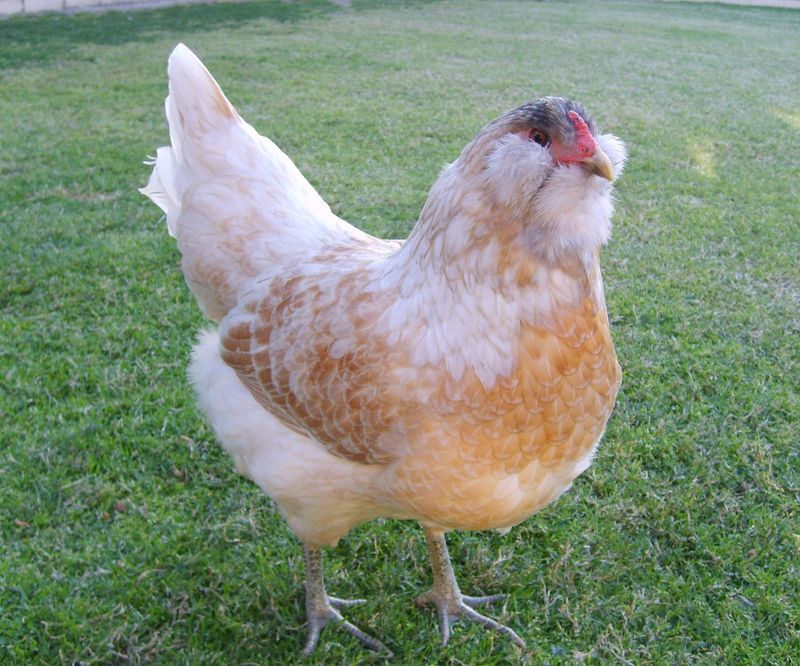
Araucanas are the trendsetters of the chicken world, famed for laying blue eggs. Their striking appearance, with tufts and rumpless bodies, makes them a visual delight.
However, they come with genetic challenges, including a lethal gene linked to their ear tufts. Breeding requires careful planning to avoid complications.
While their exotic traits are appealing, they demand knowledgeable care. They’re like the rare collectibles of poultry, requiring special attention.
If you’re up for the challenge, they can be a fascinating addition to your flock, offering colorful rewards.
3. Barred Rock
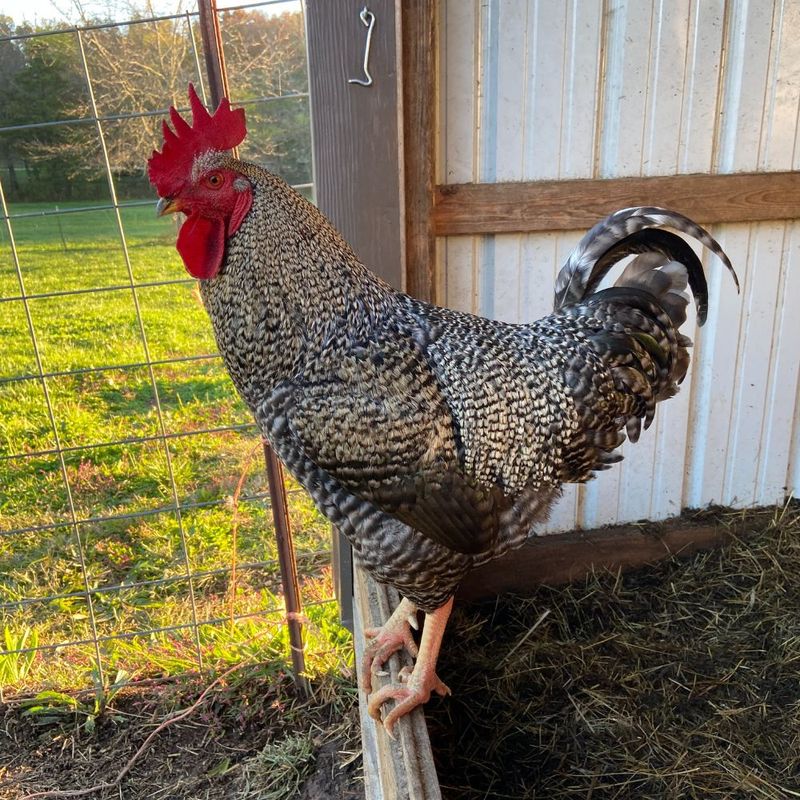
Barred Rocks are like the classic novels of the chicken world—reliable, but sometimes hard to get through. Known for their beautiful barred feather pattern, they’re often seen as the quintessential backyard chicken.
Despite their aesthetics, they can be bossy to other birds and have a reputation for being escape artists. Imagine a Houdini in feathers, always plotting their next big breakout.
They thrive with stimulation and space, but without it, they might turn into the chicken equivalent of a rebellious teenager. Keep them entertained, or prepare for mischief.
4. Cornish Cross
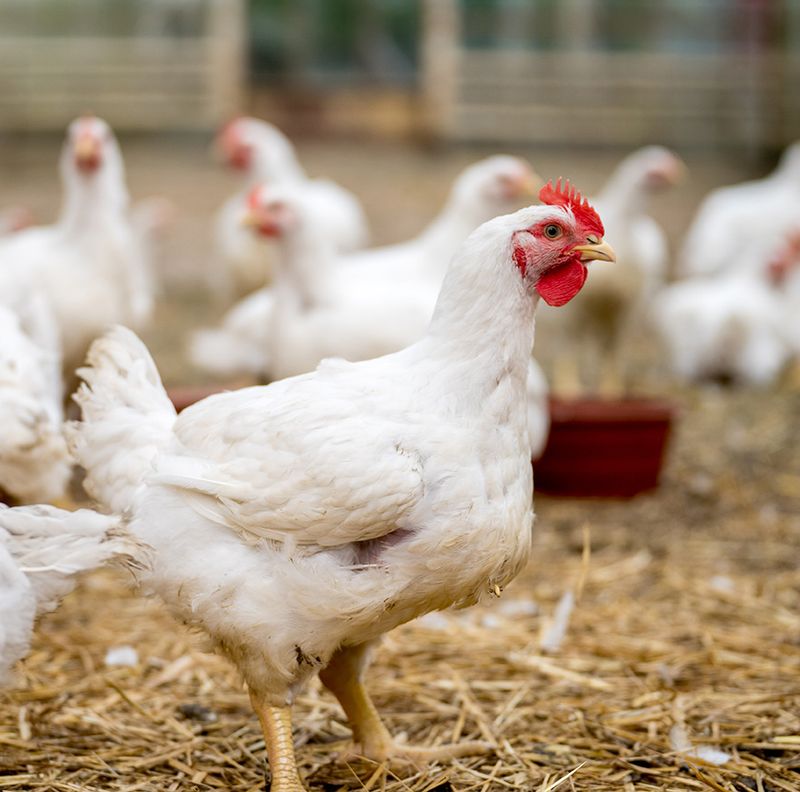
If you think all chickens are created equal, think again. The Cornish Cross is a heavyweight champion in the poultry world, but not without drawbacks.
Their rapid growth, while impressive, often leads to health issues. Known for being the Arnold Schwarzenegger of chickens, they tend to struggle with mobility.
Despite their meaty advantages, they require careful management to prevent leg problems. This breed isn’t ideal for backyard enthusiasts seeking active, long-lived birds.
If not monitored closely, they become couch potatoes of the chicken coop.
5. Polish
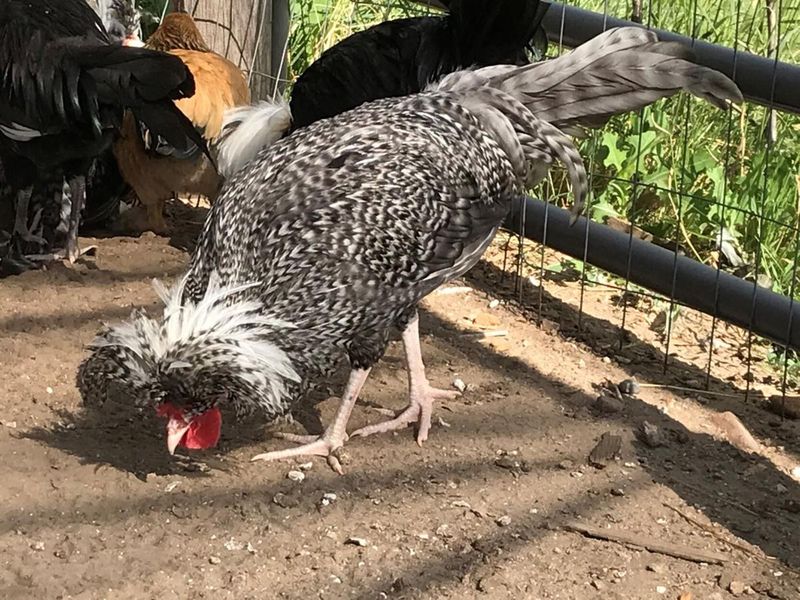
It’s not all about looks, but the Polish chicken could be the poster bird for fashionistas. With their fabulous feathered crest, they look like they’ve strutted straight off the runway.
However, their stylish plumage often obstructs their vision, leading them to be jumpy or easily startled. They might remind you of that one friend who wears sunglasses indoors.
While their appearance is entertaining, they require extra care to ensure they aren’t left in the dark, both literally and figuratively. Approach them with a gentle touch.
6. Hamburg
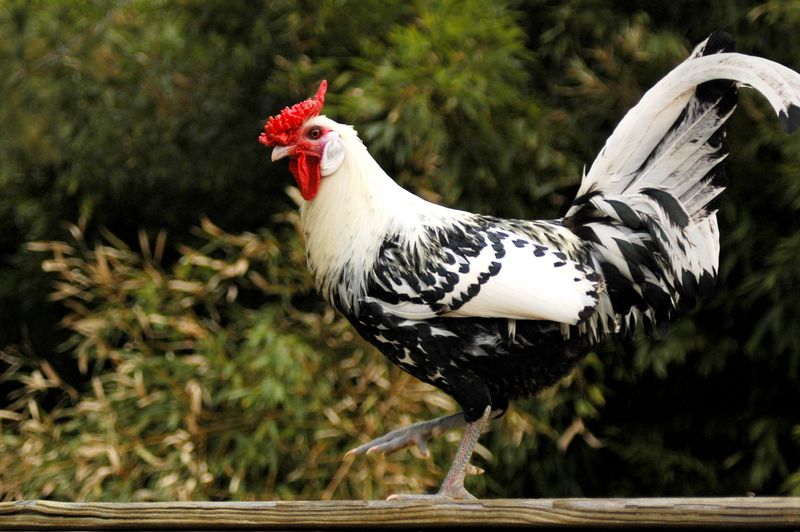
Hamburgs might sound like they belong in a fast-food menu, but they’re all about speed and agility. Known for their flighty nature, they’re the sprinters of the chicken world, always ready to take off.
Their nervous disposition makes them less suitable for novice keepers. While they shine in egg production, they require secure enclosures to prevent unplanned adventures.
Picture a feathered athlete, constantly on the move, craving open spaces. Hamburgs offer eggs in abundance but demand a handler who’s quick on their feet and patient.
7. Sultan

Roll out the red carpet for the Sultan chicken, a breed that truly lives up to its name. With their extravagant plumage and regal demeanor, they resemble royalty strutting through the barnyard.
However, their lavish appearance demands extra grooming and care. They aren’t suited to muddy or wet environments, where their feathers can become a liability.
These chickens are more susceptible to cold, requiring warm, cushy accommodations. If you’re not prepared for a high-maintenance pet, you might find yourself playing royal servant in your own coop.
8. Silkie
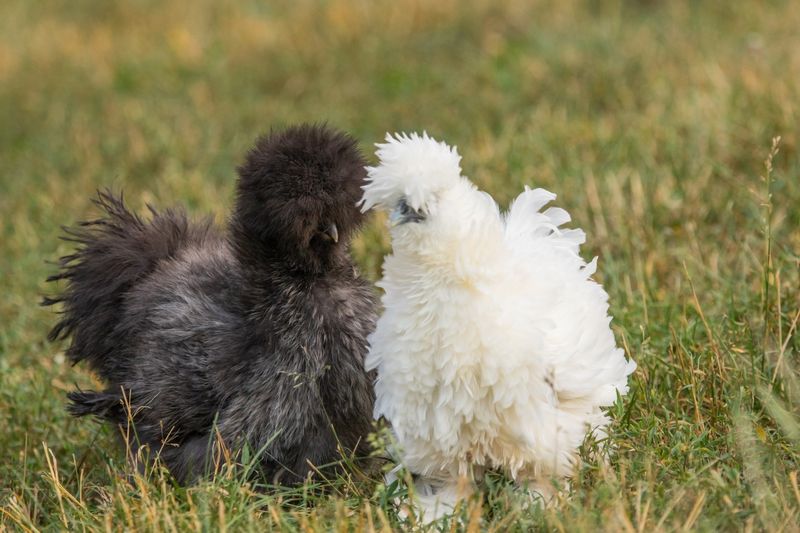
Soft and cuddly like a living teddy bear, the Silkie chicken wins hearts instantly. But don’t let their adorable appearance fool you.
They’re like the divas of the chicken world, requiring pampering and protection from the elements. Their unique feathers lack water resistance, so rainy days can be a challenge.
Think of them as the high-maintenance daisies of the coop. While their docile nature is endearing, they need careful handling to prevent stress.
If you’re ready to play personal assistant to a feathered celebrity, Silkies will reward you with affection.
9. Leghorn
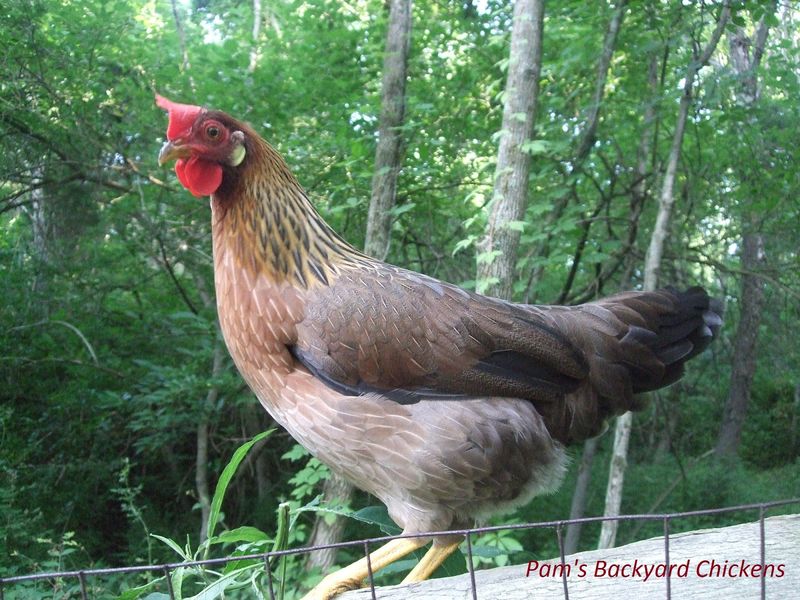
Meet the Leghorn, the overachiever of the egg-laying world. Known for their prolific egg production, they’re the workaholics of the coop.
However, their high energy levels can lead to nervous and flighty behavior, making them less approachable than other breeds.
Picture a chicken on caffeine, constantly on the move and hard to catch. While their productivity is impressive, they might not be the best fit for those seeking a laid-back flock.
A secure enclosure is essential to keep them from taking unexpected flights of fancy.
10. Jersey Giant
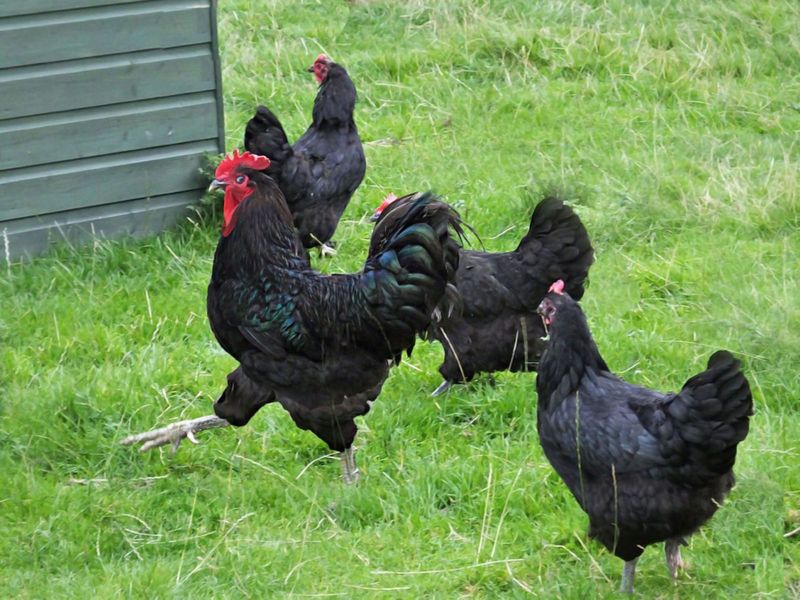
In the world of chickens, the Jersey Giant is exactly what it sounds like—giant. Weighing in as one of the largest chicken breeds, they’re the gentle giants of the poultry world.
However, their size comes with its own set of challenges. They require ample space to roam, much like a chicken-sized RV.
While their temperament is friendly, they can be clumsy and less agile. Ensure they have enough room to stretch those long legs; otherwise, they might mistake your backyard for a bull in a china shop scenario.
11. Gamefowl
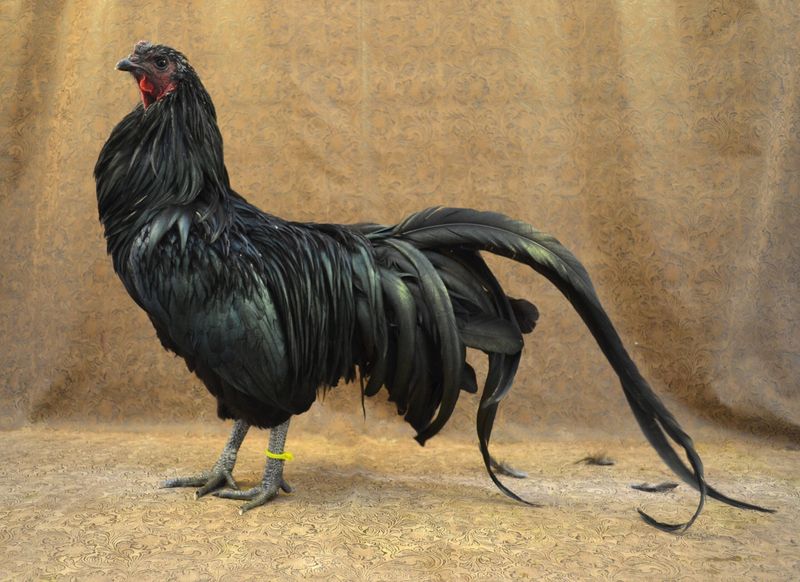
Who needs a security system when you’ve got a Gamefowl? Known for their fighting spirit, these birds have a reputation for being aggressive and territorial.
They’re like the bouncers of the barnyard, often too lively for peaceful cohabitation with other breeds. While their athletic prowess is commendable, they demand handlers who are experienced and assertive.
This breed is not for the faint-hearted or those looking for a relaxing petting zoo experience. Approach with caution and a firm hand, lest you find yourself in a feathery showdown.



